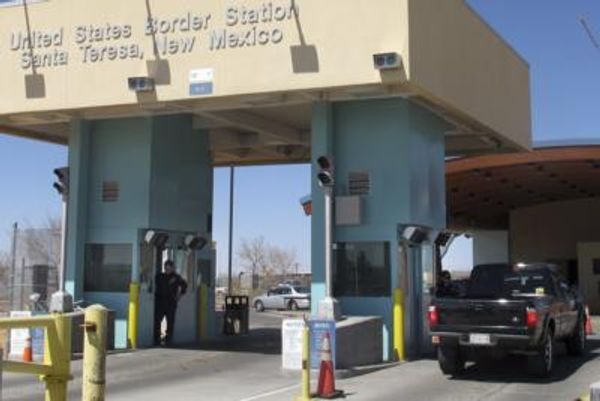
The detailed project report (DPR) for the proposed Coastal Road misjudges the risk to the road from future sea-level rise, an independent expert has said.
The DPR, which was commissioned by the Brihanmumbai Municipal Corporation (BMC), estimated a 1.27 millimetre (mm) rise in sea level per year, but latest studies have warned about a 3.4 mm rise annually, said Hussain Indorewala, professor at Kamla Raheja Vidyanidhi Institute of Architecture and Environmental Studies (KRVIA), Juhu, during an event, organised by the Forum of Environmental Journalists in India, on Tuesday, at the Mumbai Press Club.
“A correlation between global temperature and sea-level rise is shown to be about 3.4mm per year. However, current estimates of global sea-level rise according to the Australian government range from 0.5 metres (500mm) to over 2 metres (2,000mm) by 2100. Scenarios of 1,000 mm rise or more by 2100 cannot be ruled out for planning adaptation measures,” said Indorewala.
Indorewala also said that the Coastal Road will lead to an increase in private vehicles, leading to more emissions, aggravating climate change. He said that predicted traffic modal data for Mumbai that showed that personal vehicles were expected to rise from 26.8% in 2018 to 28.8% in 2024 while public mass transit would decline from 55.7% in 2018 to 47% by 2024. “Mumbai will not be able to stop flooding by building seawalls, which is counterproductive. We need transition to more sustainable modes of transport and retrofit existing infrastructure to make it more climate-resilient,” said Indorewala.
According to Maharashtra Maritime Board, use of seawalls, along the shore, leads to large scale erosion.
The 9.9-km current phase of the Coastal Road project proposed at ₹12,969 is to be an eight-lane highway, aimed at connecting Marine Drive to the southern end of the Bandra-Worli Sea Link. The project aims to cut short travel time between south Mumbai and western suburbs by 70%.
New projections in the form of satellite maps released by Climate Central in October 2019 showed large parts of Mumbai at ‘critical risk’ from coastal inundation by 2050, even at zero-emission cut scenarios.
BMC said sea level rise was factored in during project feasibility studies by National Institute of Oceanography (NIO), Goa. “The infrastructural design is such that it can withstand rising seas over the next 100 years. While the Arabian Sea does not witness tsunamis, we have still factored in possible scenarios wherein the project can withstand severe storm surge and tsunamis,” said a senior official in charge of the project.






